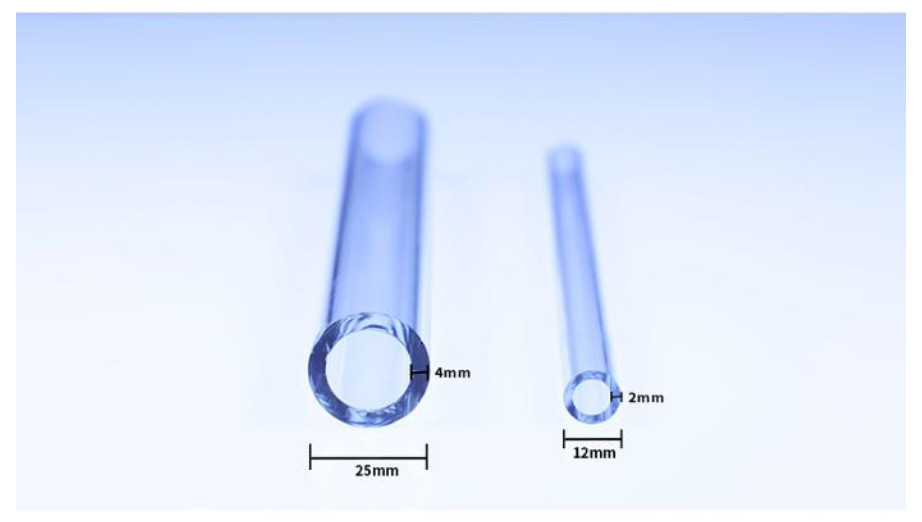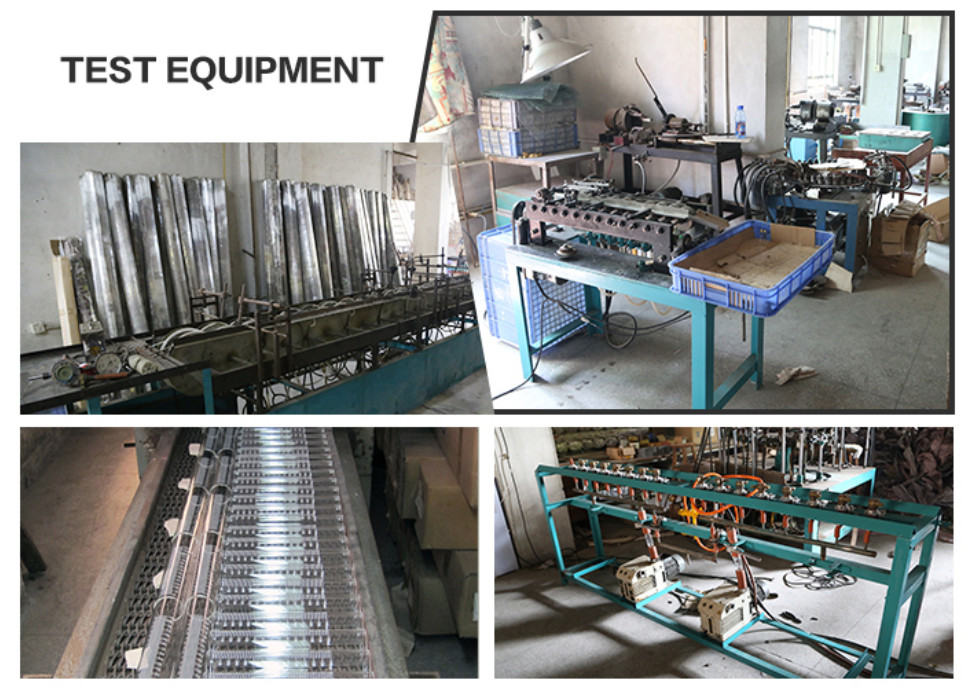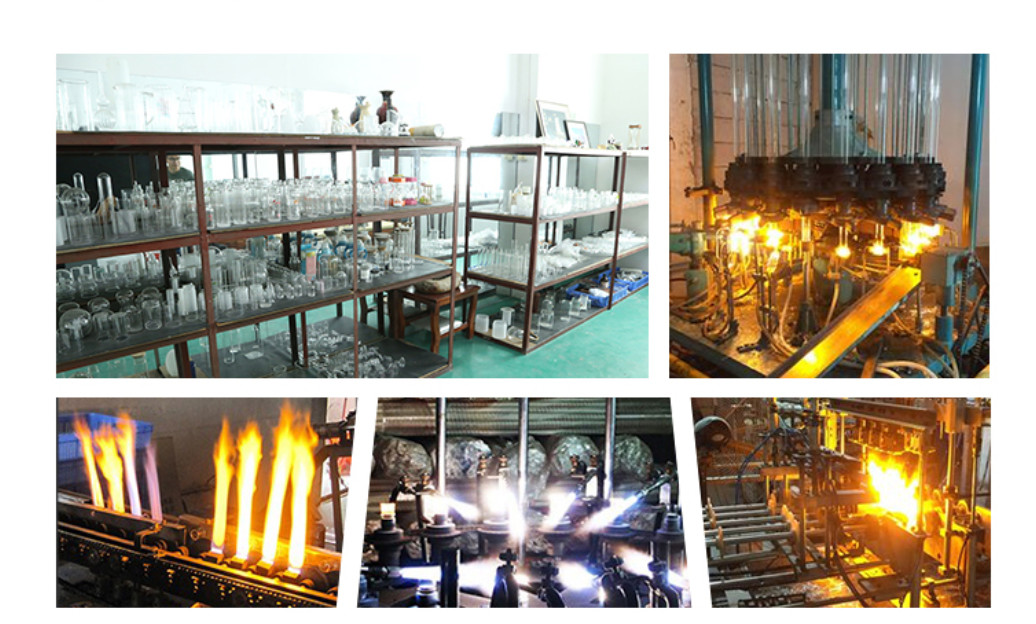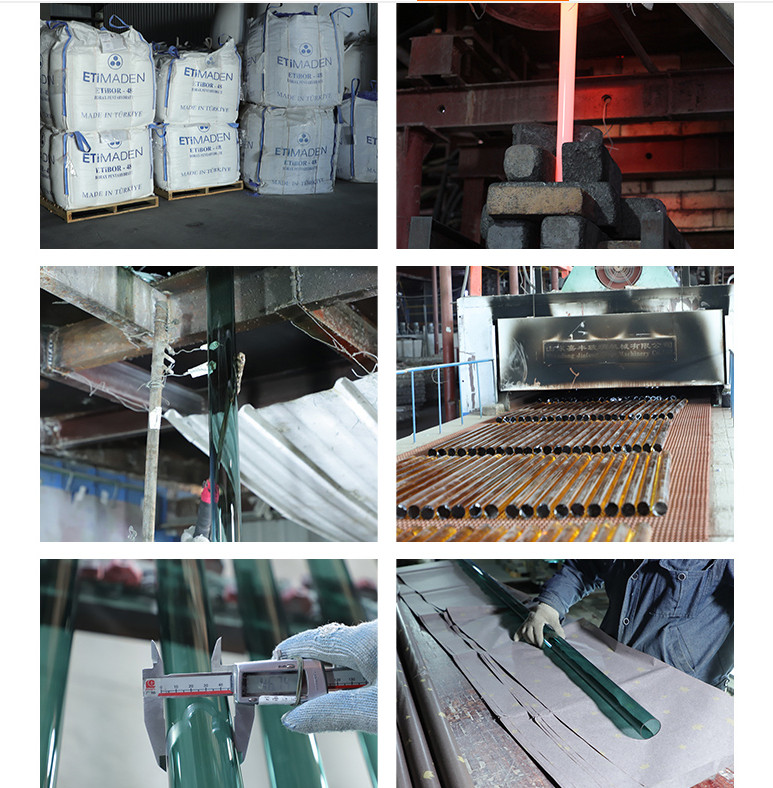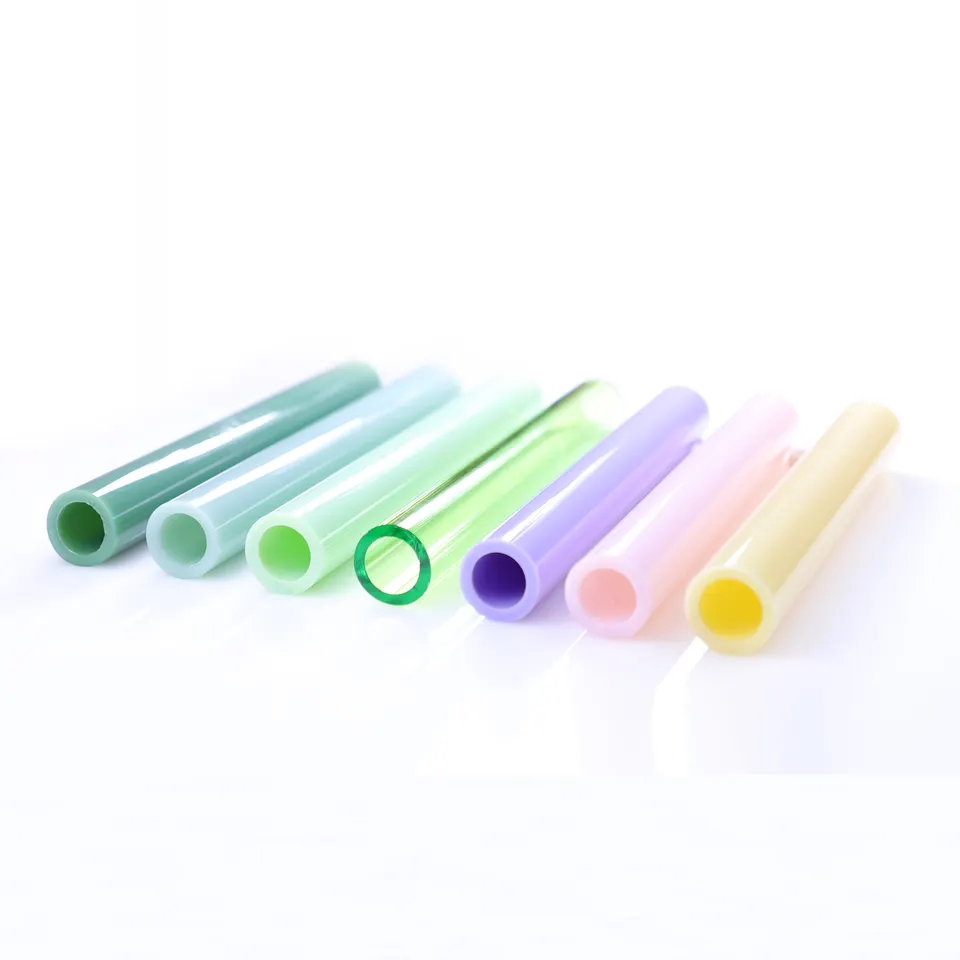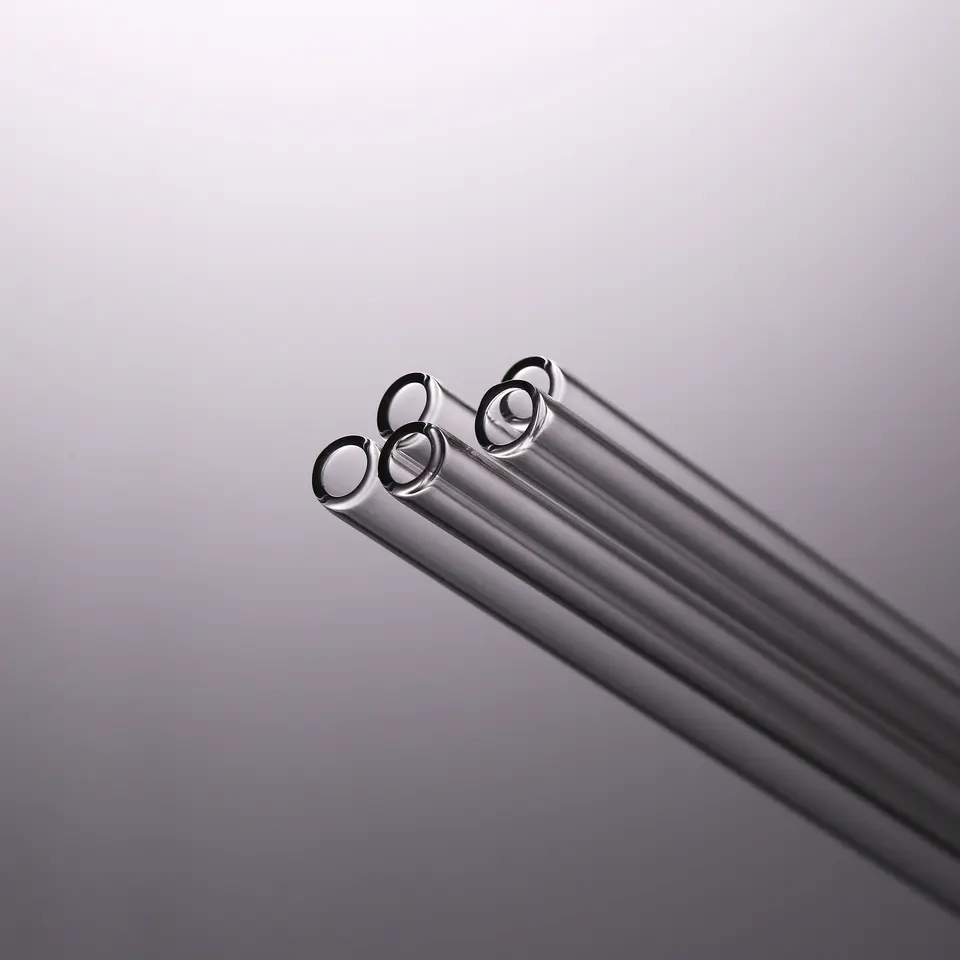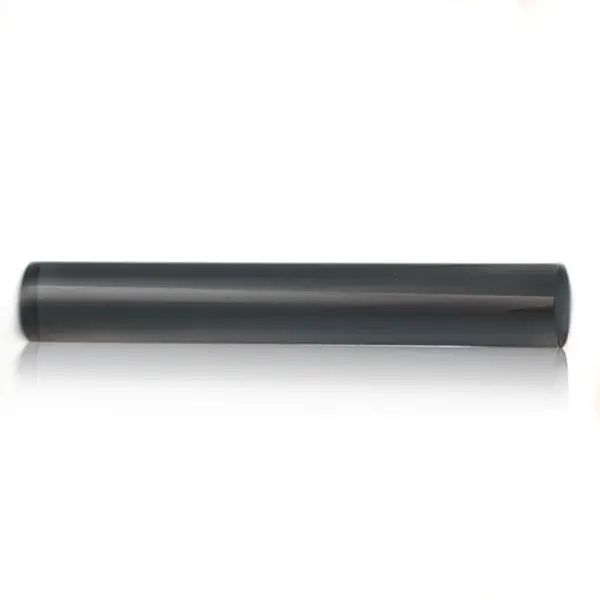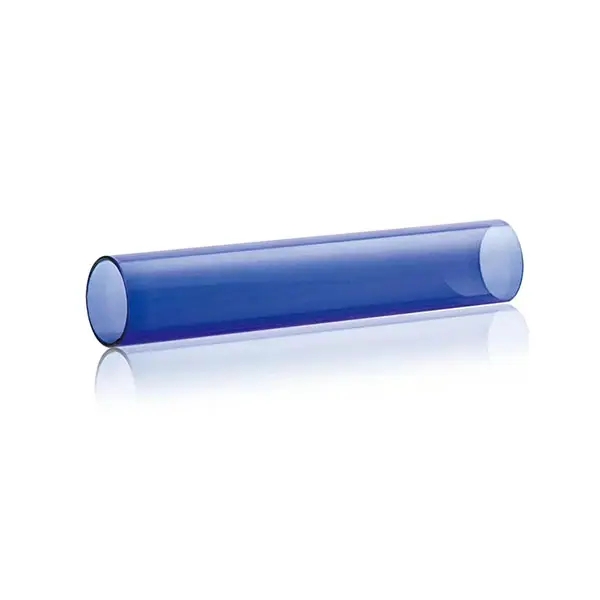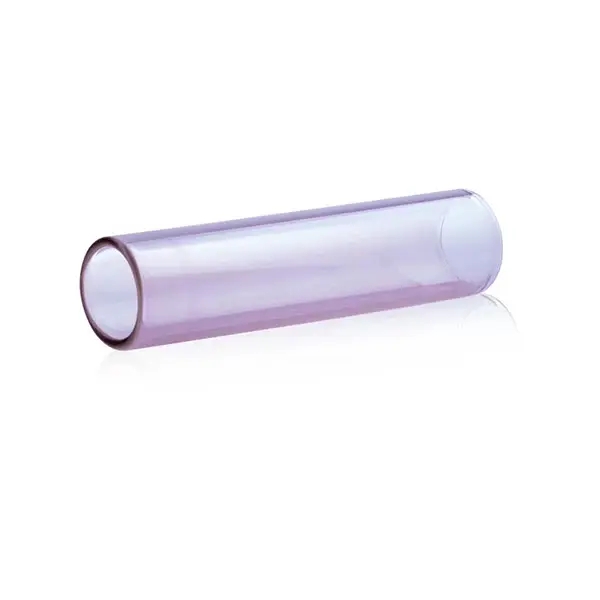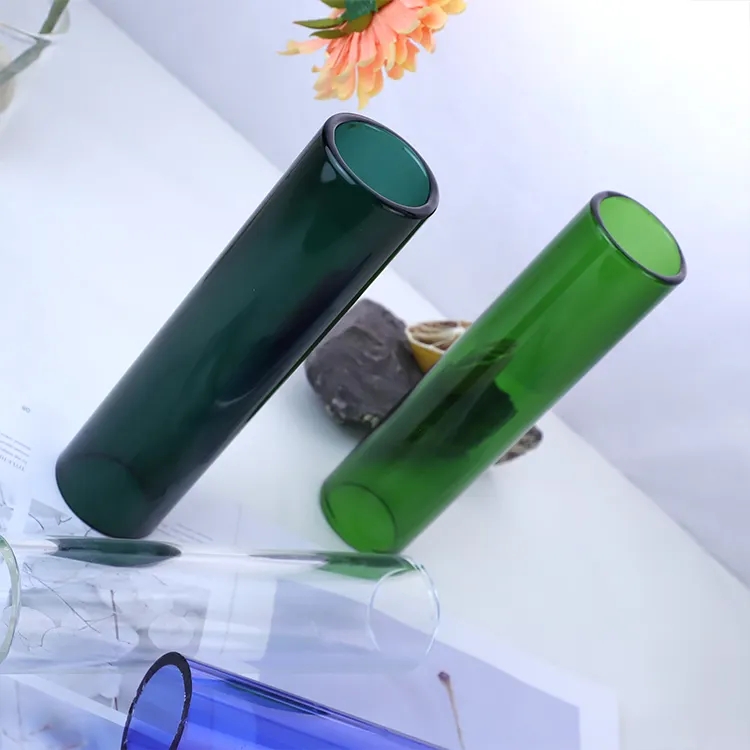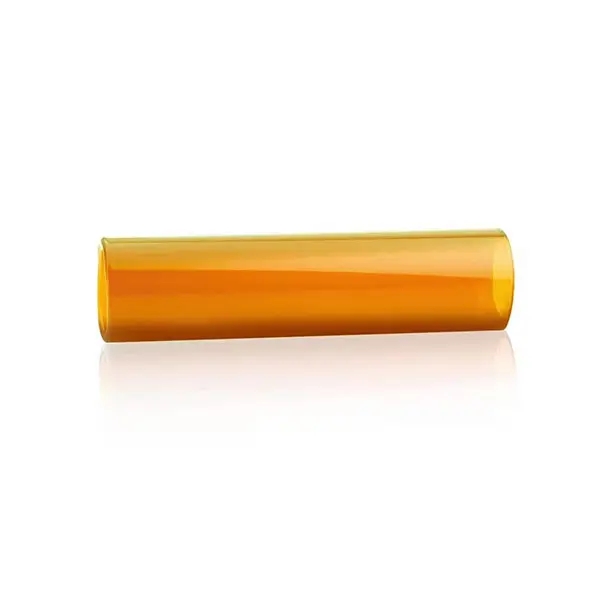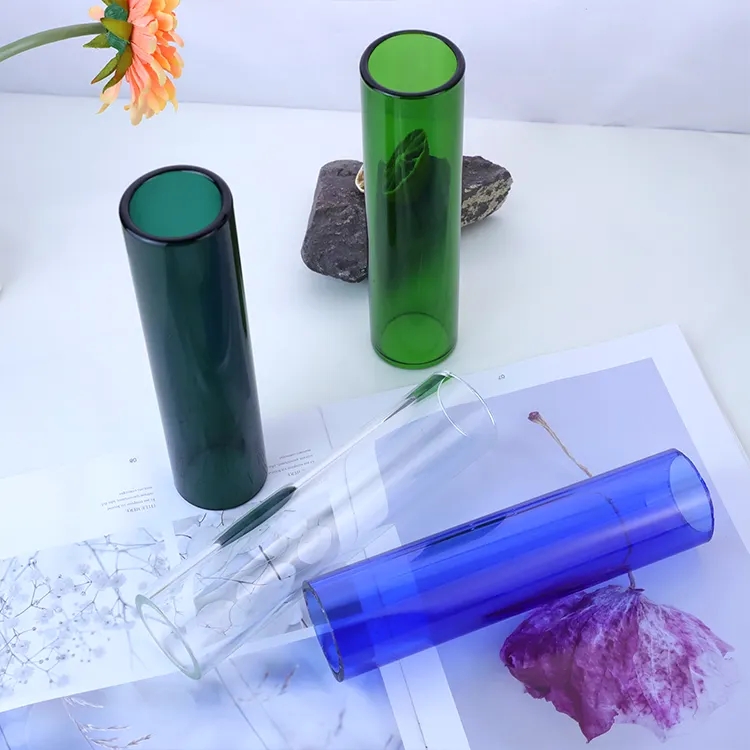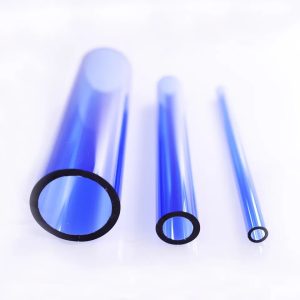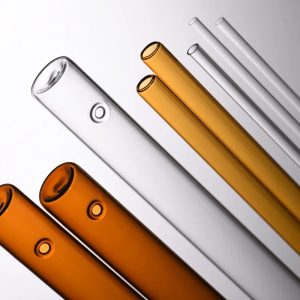Borosilicate Tubing: The Glass Innovator Redefining Industries
Introduction:
Borosilicate tubing, a versatile and extraordinary glass material, has been a catalyst for innovation in various industries. In this comprehensive article, we will delve into the world of borosilicate tubing, exploring its composition, remarkable attributes, manufacturing processes, and the diverse applications that rely on its versatility and resilience.
Section 1: Introducing Borosilicate Tubing
Borosilicate tubing is a specialized type of glass, characterized by its notable boron oxide content in its composition. This unique fusion of boron and silica imparts borosilicate glass with exceptional characteristics, including high thermal resistance, unparalleled chemical durability, and remarkable transparency. Its low coefficient of thermal expansion (CTE) further solidifies its suitability for applications exposed to rapid temperature changes.
Section 2: The Exceptional Properties of Borosilicate Tubing
High Thermal Resistance: Borosilicate tubing is engineered to endure extreme temperature fluctuations, making it the material of choice for applications subject to high heat, such as laboratory glassware and industrial furnaces.
Exceptional Chemical Durability: Its robust resistance to chemical corrosion positions borosilicate glass as the preferred material for storing and transporting sensitive substances, such as pharmaceuticals and chemicals, ensuring their safety and stability.
Low CTE: The low coefficient of thermal expansion minimizes the risk of cracking or shattering during abrupt temperature changes, guaranteeing the glass’s durability and reliability.
Superior Transparency: Borosilicate glass is celebrated for its excellent optical clarity, making it a top choice for high-quality optical components, camera lenses, and artistic glasswork, including intricate sculptures.
Section 3: The Craft of Borosilicate Tubing Production
The manufacturing of borosilicate tubing is a meticulous process that begins with the precise melting and blending of high-purity silica and boron oxide. This resulting mixture is expertly shaped into tubes using methods such as the Danner process and the Vello process. Subsequent gradual cooling helps relieve internal stresses, enhancing the glass’s structural integrity and strength. The tubing can then be customized to meet specific requirements through cutting, polishing, and shaping.
Section 4: A Plethora of Applications
Laboratory Glassware: Borosilicate tubing is the cornerstone of laboratory glassware production, responsible for creating essential items such as beakers, test tubes, and pipettes due to its chemical resistance and optical clarity.
Pharmaceutical Packaging: The pharmaceutical industry relies heavily on borosilicate glass vials and containers for the secure storage of delicate medications and chemicals, ensuring product stability and safety.
Lighting and Optics: Borosilicate’s exceptional optical properties make it a preferred choice for high-quality optical lenses, camera lenses, and artistic glasswork, including intricate sculptures.
Industrial Significance: Borosilicate tubing plays a vital role in various industrial processes, including semiconductor manufacturing, chemical processing, and oil refineries, thanks to its ability to withstand extreme temperatures and harsh chemicals.
Conclusion:
Borosilicate tubing is a remarkable material with diverse applications, driving innovation and redefining industries. Whether you are a scientist, artist, or industrial expert, borosilicate tubing likely plays a pivotal role in your work. A comprehensive understanding of its composition, attributes, and manufacturing processes is key to harnessing the full potential of this glass material and pushing the boundaries of industry advancements.
